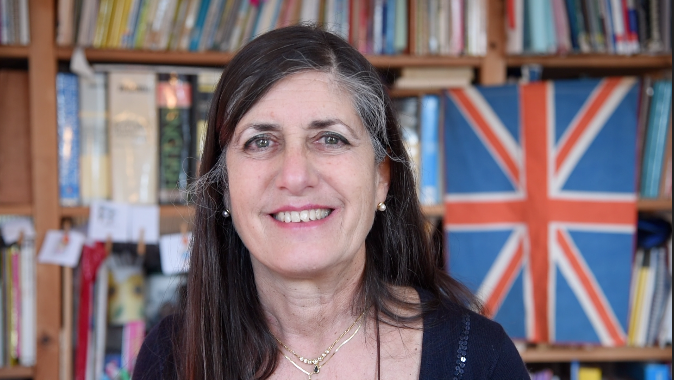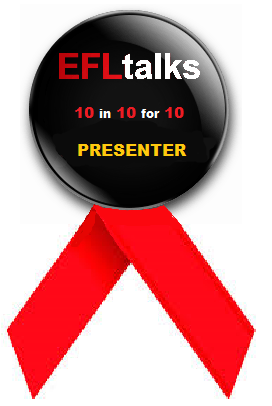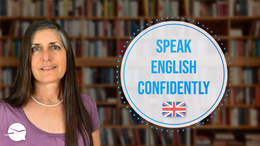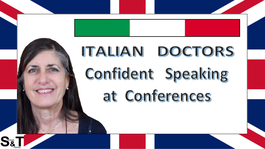|
I often find exercises in course books asking students to correct the mistakes they find. I personally skip these as I think students should constantly be given examples of good language to embed in their brains and not mistakes printed in course books. Peers correcting each other’s work is different as they know that there could be mistakes but it is not officially printed in a course book. Likewise my favourite revision game, the GRAMMAR AUCTION, offers sentences written on the board that may or may not contain mistakes, but it is in an unofficial format again. Words written in a course book are ‘official’ and students may accidentally embed the wrong structures in their minds – at least that is the way I see it.
Likewise I disagree with those exercises requesting students to translate back and forth from their own language. Even though I know that recently using the students’ own language in class has been re-evaluated, I personally feel that I should speak only English in class as their opportunity for full-immersion is very limited and my class time is one of those. I therefore avoid translating and as far as possible give (and request from them) definitions rather than translations of various vocabulary items. Not only does it give them the opportunity to practise there describing skills but it should help the word stick better in their minds than a quick translation. Apart from that, translating words causes the brain to continuously make an effort to pass from L1 mode to L2 mode and vice versa. The brain should switch into one language mode when one is learning and remain in that mode as far as possible. I have no scientific research to back my theory up – only my own long experience in language learning myself – but I am convinced of what I say. Now many bilinguals (like myself) out there will now assert that they are constantly mixing languages automatically picking out the word which best conveys a meaning thus contradicting my above statement. However, this mechanism occurs when the languages being mixed are firmly embedded in one’s mind – a very different situation from that of a language learner, especially at lower levels. I therefore welcome exercises which match definitions rather than translating them, pictures which are associated with vocabulary and course books which are solely written in English (except maybe for the grammar explanations). I always tell my students to SWITCH INTO ENGLISH MODE and speak to me in English as far as possible. What are your views on this subject? Hope to have given you some food for thought! Susan
1 Comment
17/6/2015 10:30:14 am
I completely agree with your points. Yes, the language class can be demanding but so is survival in the real world, even at the lower levels. Students can be very creative in their communication when they cannot escape by translating.
Reply
Your comment will be posted after it is approved.
Leave a Reply. |
Categories
All
Would you like regular English learning & teaching ideas? Subscribe to my blog so you don't miss a post!
AuthorMy name is Susan Brodar, born in London into a multilingual family and brought up bilingual English / Italian. Archives
December 2018
|





 RSS Feed
RSS Feed





